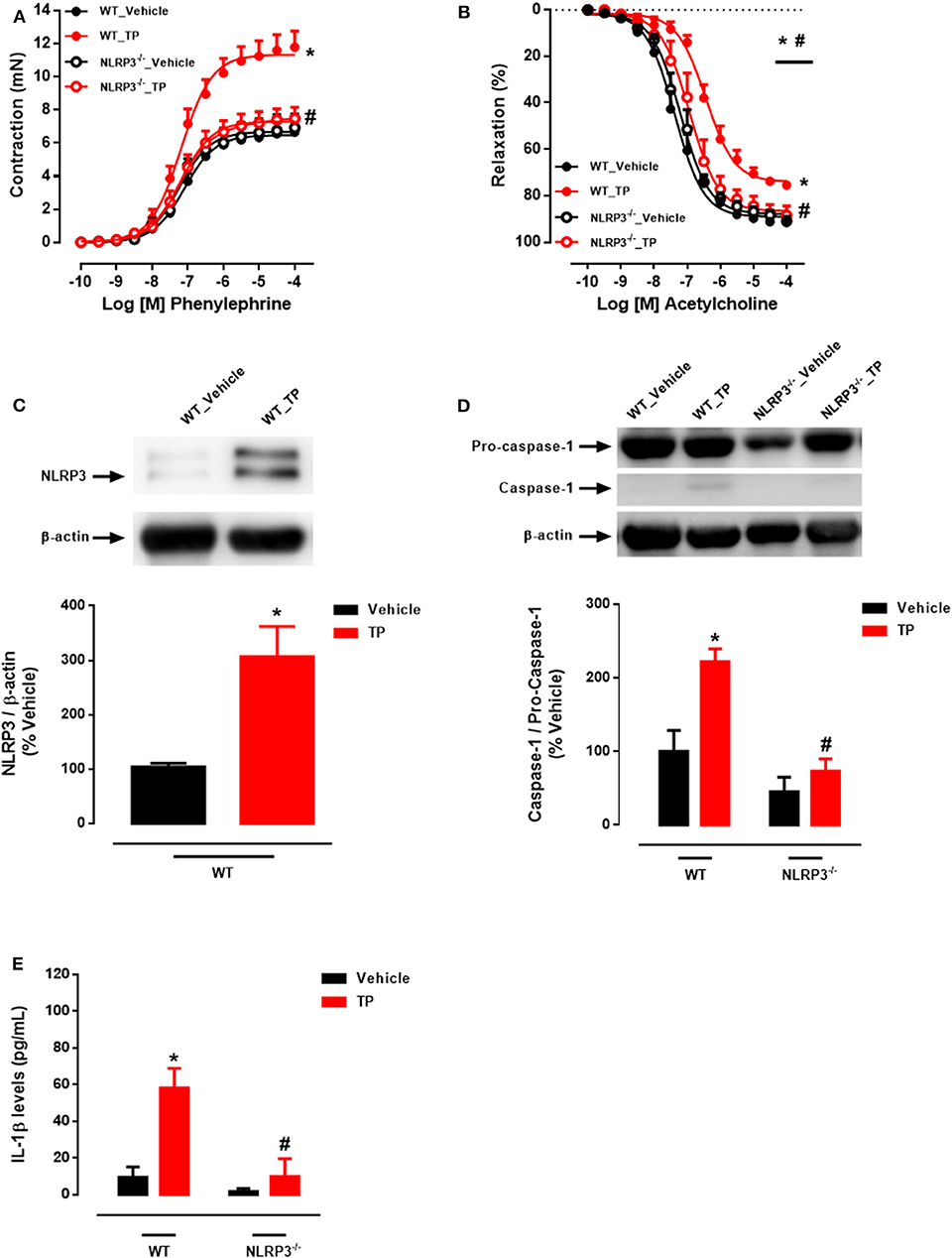If I knew what my normal healthy level was before it crushed to about 150, that would be the reference value of my natural physiological T level. Unfortunately most of us do not have this datum.
Makes sense and I think that’s a reasonable approach. One thing I’d disagree with (if this is even what you’re implying) is that the normal natural physiological level each person reaches in their youth is the best level for them. Many things like genetics, diet, lack of physical activity, sleep issues, alcohol or other vices, etc. could all keep a person from reaching their optimal (and yes I know some people here hate that word) level. And yes you did specify “healthy”… but healthy doesn’t necessarily mean the best.
What can we do? We use the population normal distribution as reference. I would use the population mean level as a starting point for TRT.
Again a pretty reasonable approach, but what I’d disagree with on this front is that if youre using an unhealthy population as a reference you’ll likely miss the best mark. For example, based on percentiles for her age, my daughter has always been considered slightly underweight, but in reality it’s just because there’s been an explosion in childhood obesity over the past few decades. That would also mean that now people at the 50th percentile are a lot closer to being obese despite being “average”… and that’s if we haven’t already hit the point where kids right in the middle are actually obese. Just as an example of the things that can happen when using a subpar population to gauge metrics and goals.
Is exogenous administered testosterone physiologically equivalent to endogenous wrt the daily T level fluctuations? We are shortcutting the HPTA. Who needs HCG or dhea or pregnenolone?
Is there a therapeutic exogenous based T level vs the physiological natty T level?
All of this unknown grey area leaves space for trial and error.
Agreed 100% here. And this is one of the things that makes the topic so interesting to me. It’s definitely a fascinating time to be alive to see all the new data and anecdotal accounts coming in. At the same time though it is a little overwhelming, because it’s almost impossible to parse through the info to conclusively state things one way or another. Sure there are some foundational aspects most can agree on, but details and nuances can get puzzling. For example I do great with test, HCG, and DHEA but if I add pregnenolone I feel pretty terrible within five days without fail. Why?? I have no idea lol.
On 250mg TU weekly my hematocrit approached 55% and it exacerbated my mild snoring to unbearable. I did not see any physique benefits compared to 125mg weekly which gives me a 750 TT. I believe we should take changes in lipids, hematocrit etc seriously as well as any other changes to the negative.
Holy crap, I couldn’t imagine running 250/week. I’d be coming out of my skin. But the dose you’re at now is basically right where I am(around 120) and I feel great. And yeah, the negative results should also be closely monitored so people are making the best assessments with regard to their risk/reward ratio.
I have the impression that there is a relatively wide range where things a stable for me, and probably also for many others.
So, based on my age reference range the natural max is 750. My TT level on 125mg TU is basically a constant 750, thus compared to the natural T level it's supra. Was my natural T level ever at the top of the population distribution? I doubt it.
It did start TRT with androgel per prescription which gave me a TT of about 400. I felt on edge depressive towards the evening.
That's my mix of experience and opinion.
I think that’s a good point that gets overlooked a lot, and even the terminology(dialed in) we often use seems to imply that there is a very narrow mark you need to hit to feel your best. The human body is great at adapting to environments(both inner and outer) so as you point out the range where people can feel good with minimal issues is probably wider than most people realize. This is partly due to the fact that anytime an issue arises they feel that they aren’t “dialed in” anymore and look to make changes, preventing their body from doing what bodies often do best, which is strive for homeostasis. Sure you don’t want to be in an unhealthy or unhappy state for extended periods of time, but it is a balancing act between letting your body adapt and knowing when it’s time to change something. And this aspect is further muddled by the aspects you mention above about how there are still a lot of unknown grey areas coupled with the fact that everyone is different. But again I think that’s an important point you make about how the range where someone can be stably healthy and happy is probably wider than many think.












